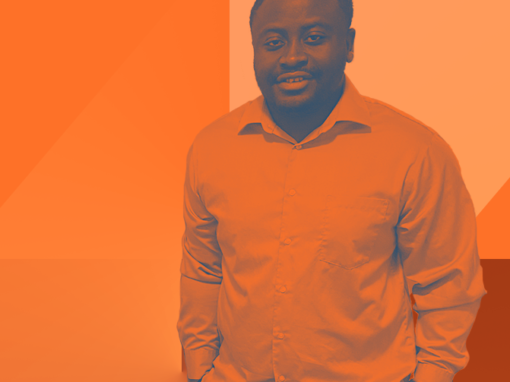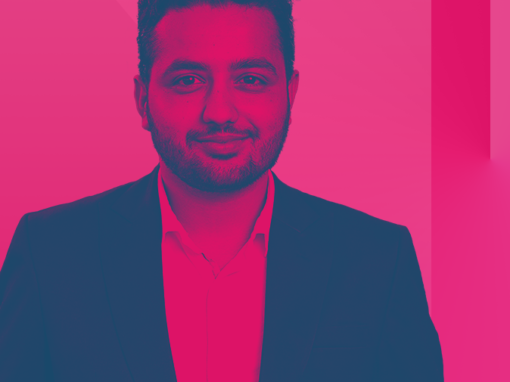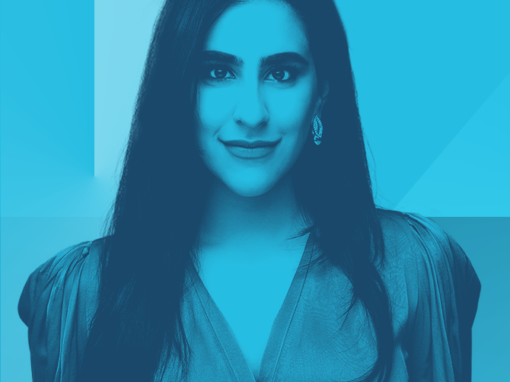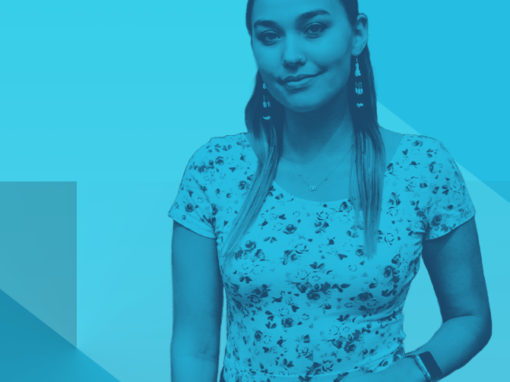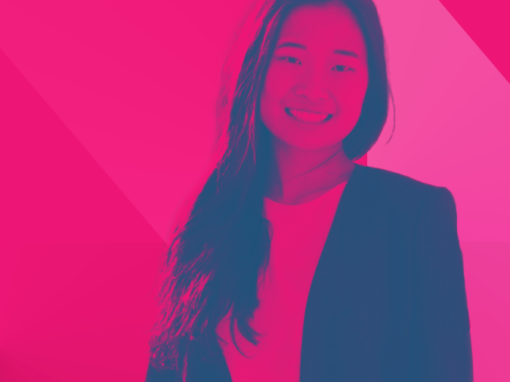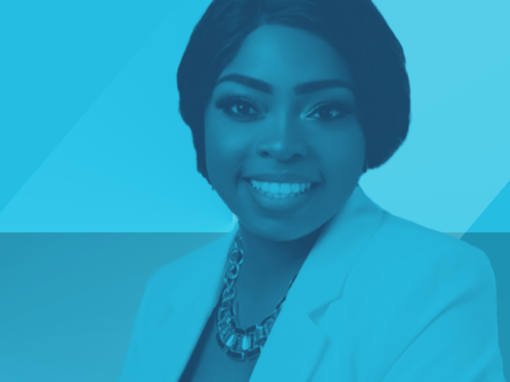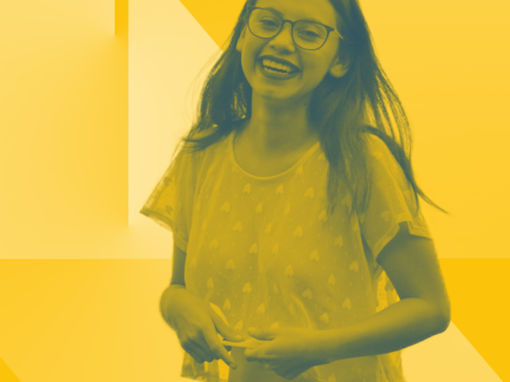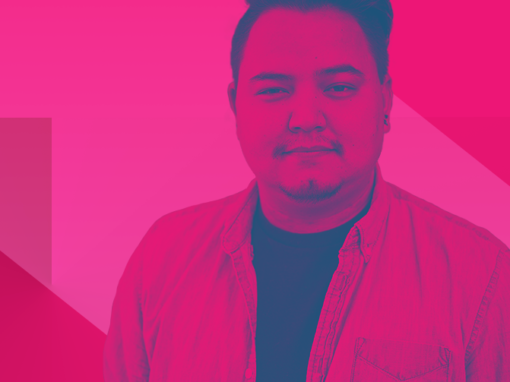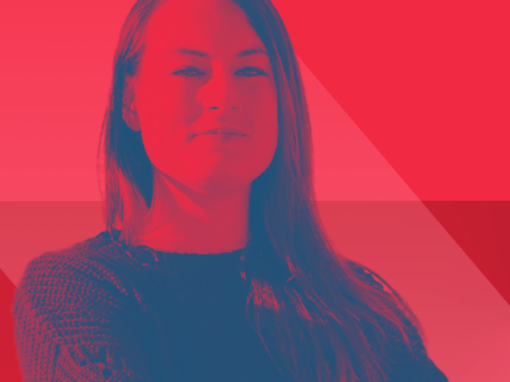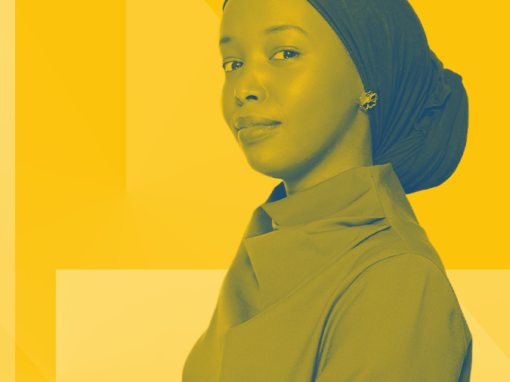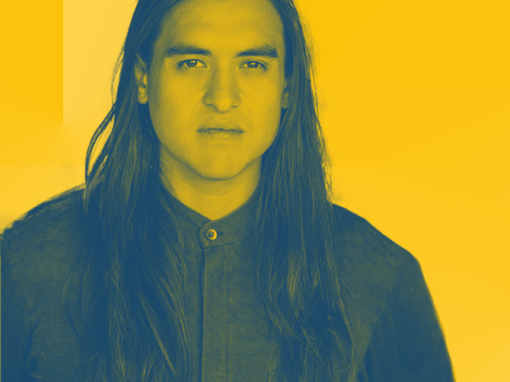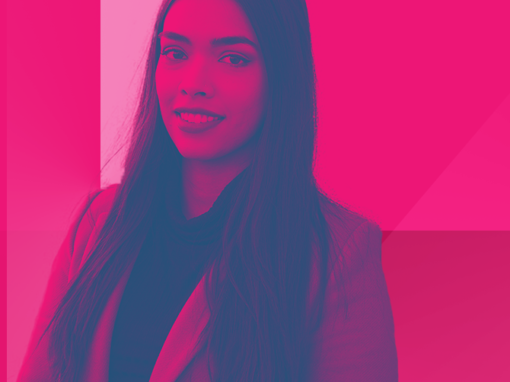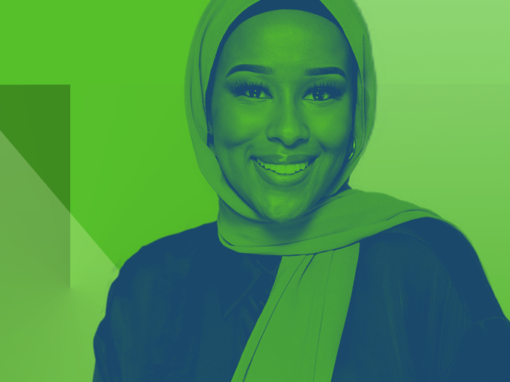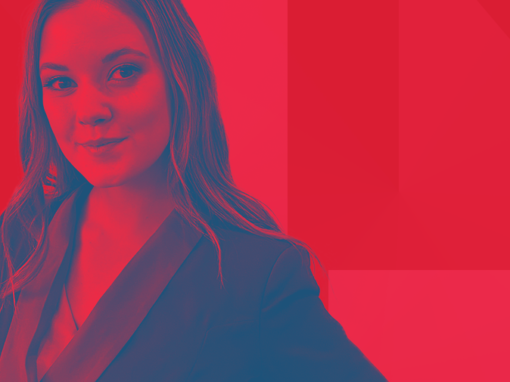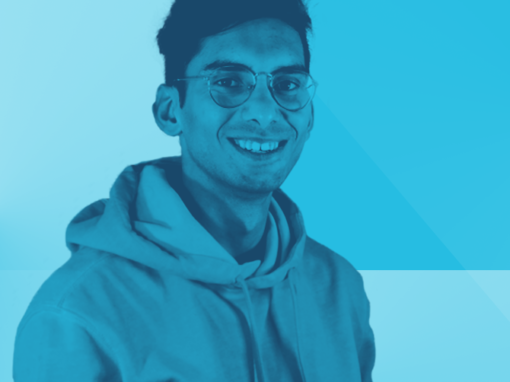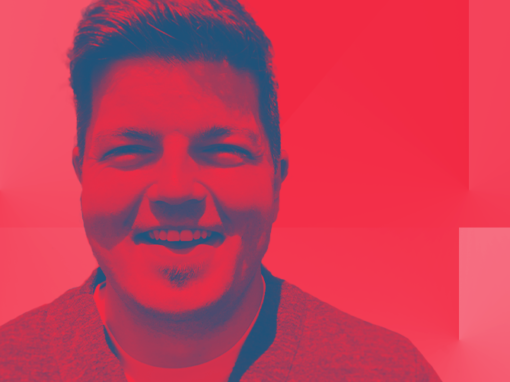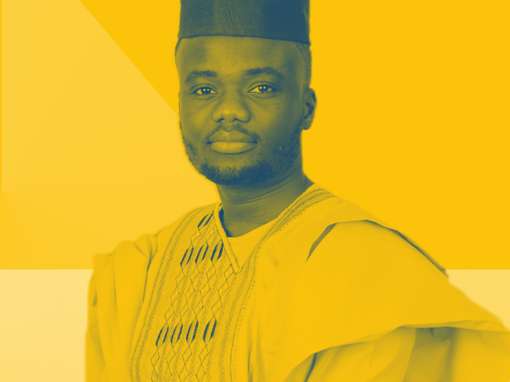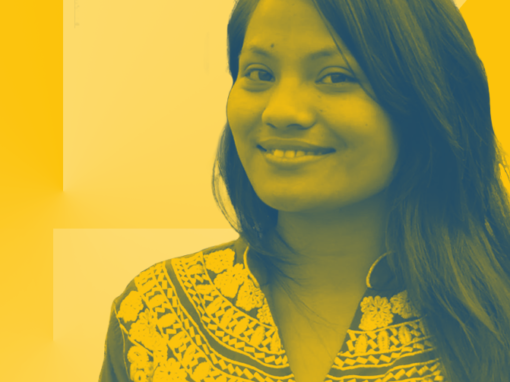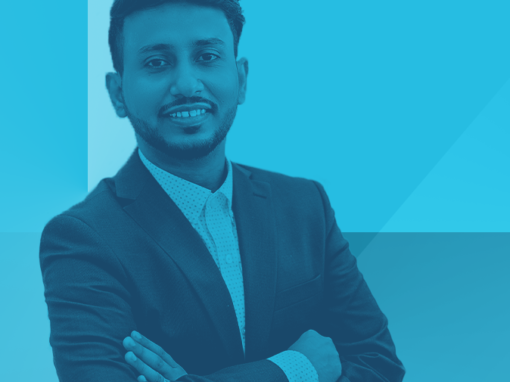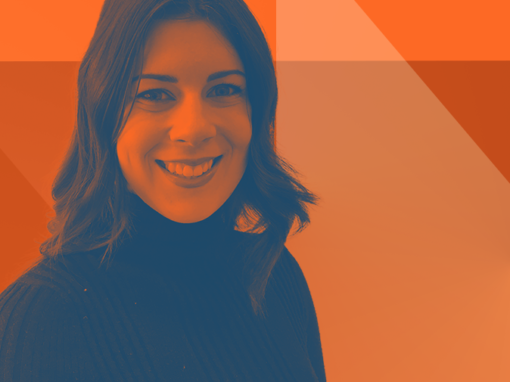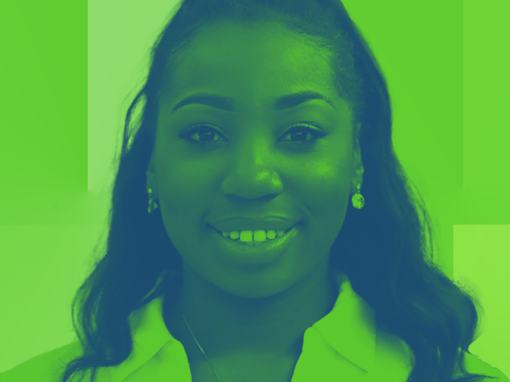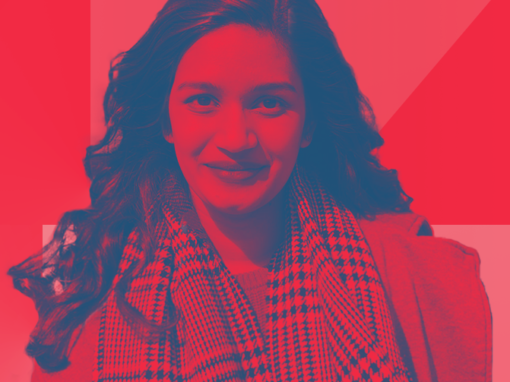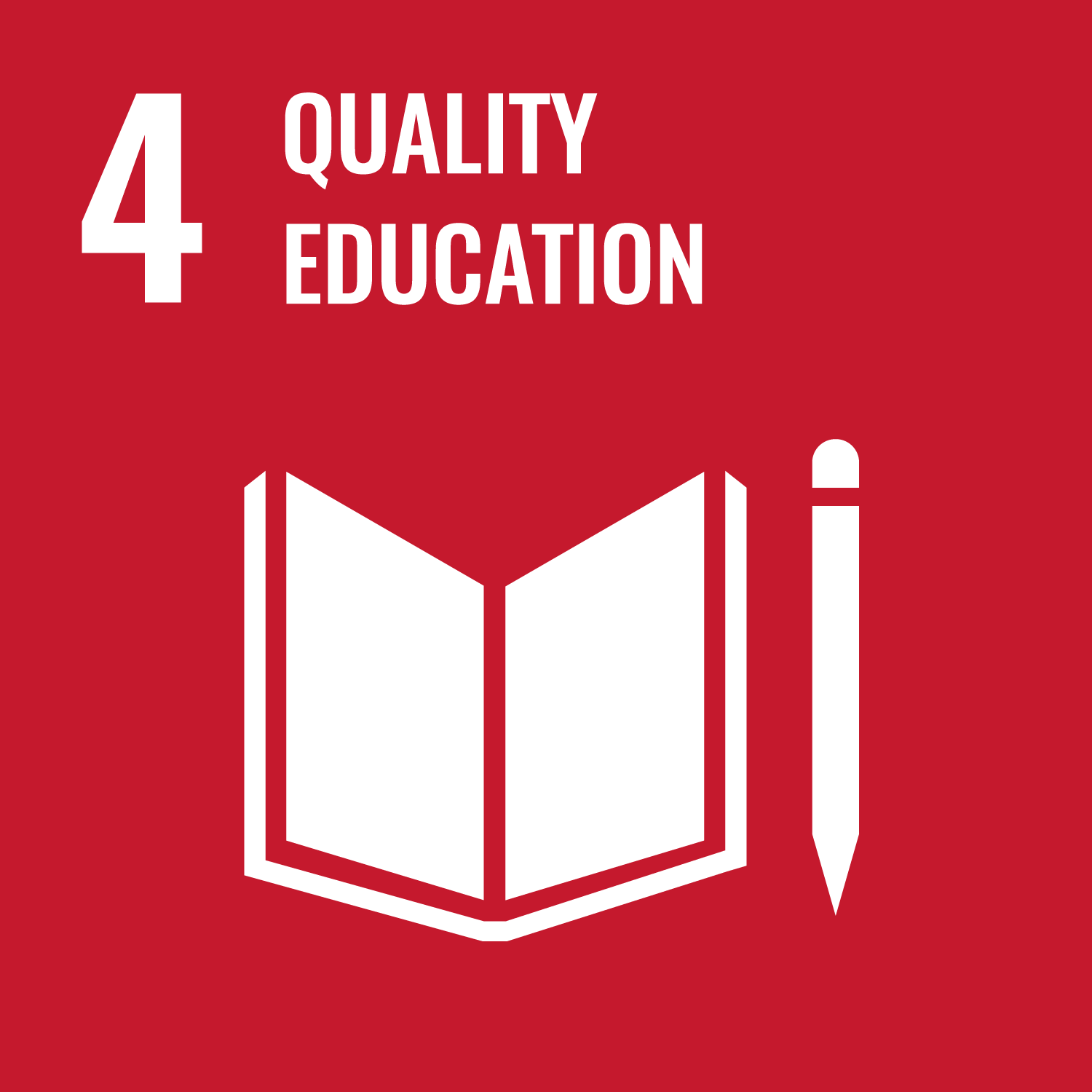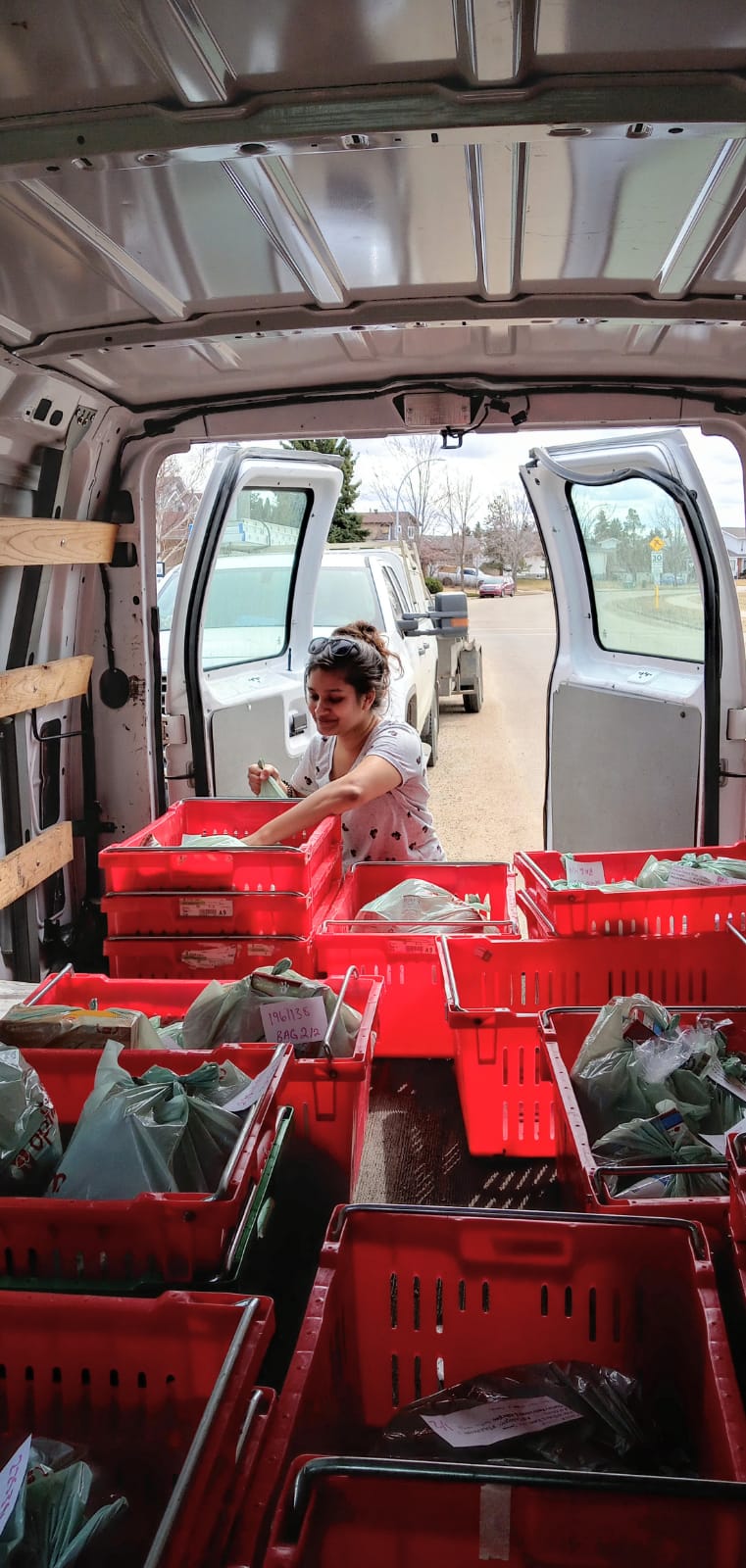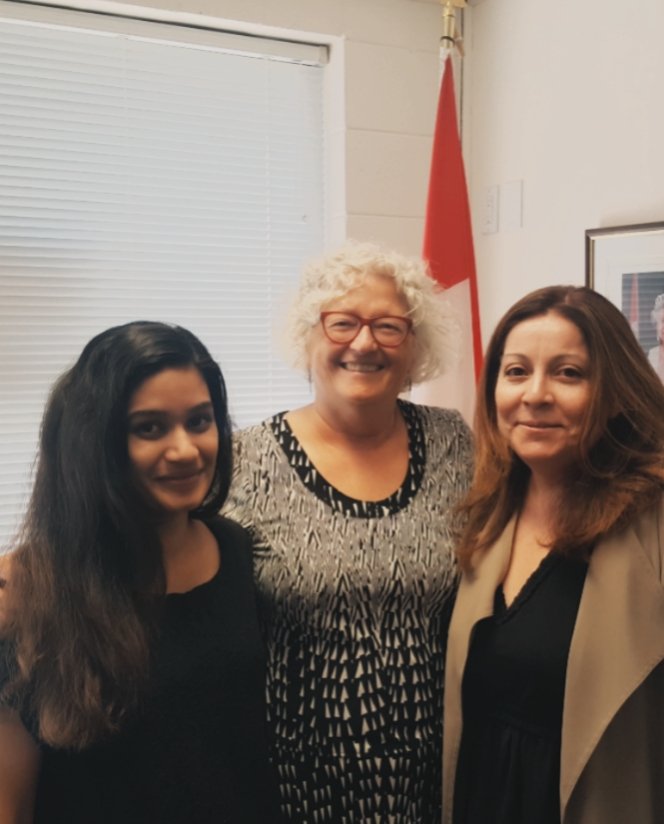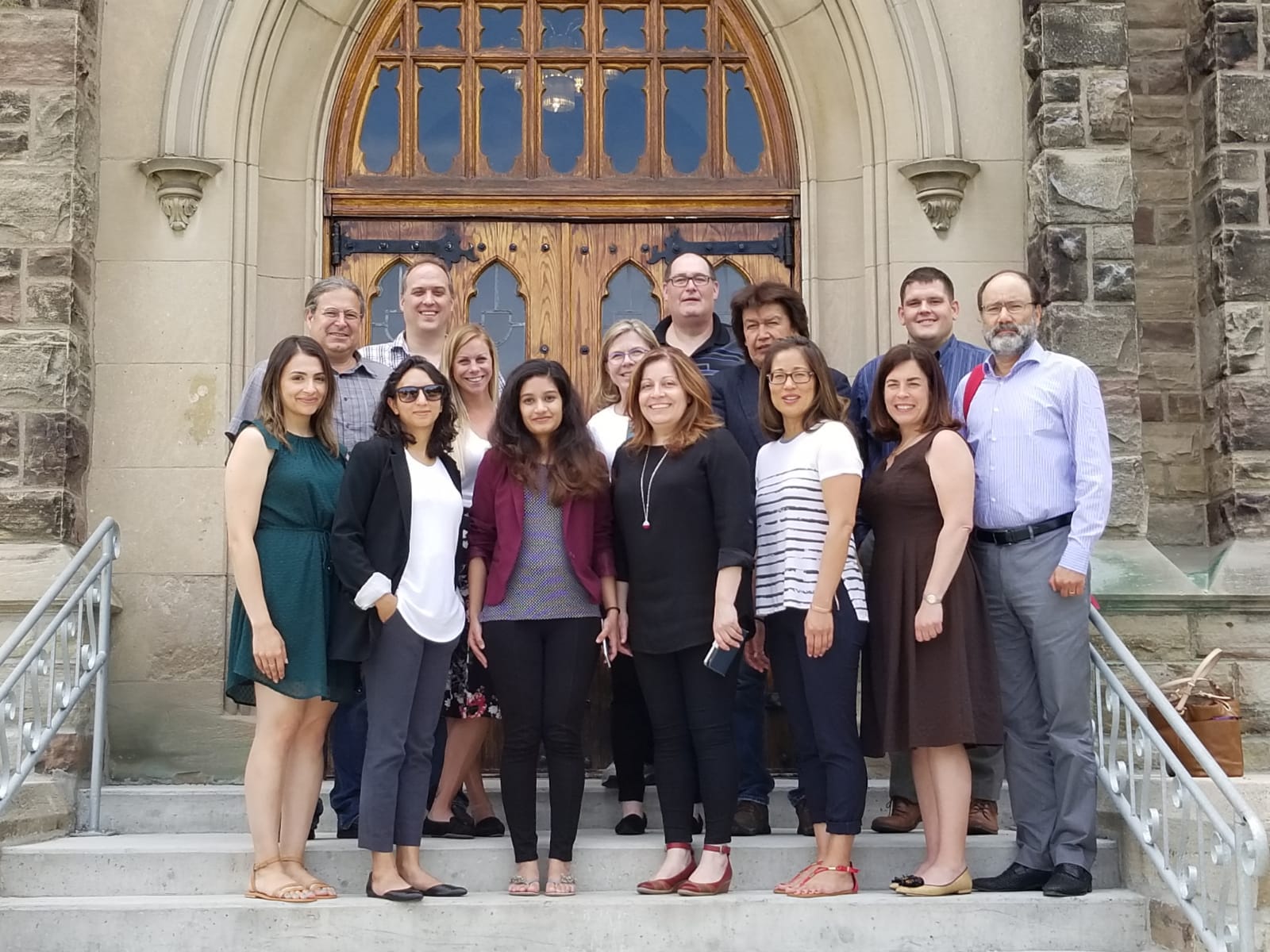“It’s time for all people to have access to all levels of education so we can achieve gender equality and empower individuals with lifelong learning opportunities to contribute to the development of their communities by 2030.”
reshma sirajee
2021 Top 30 Under 30
About
Age: 24
Hometown: Dhaka, Bangladesh
Current Residence: Edmonton, Alberta
Organizations:
- Edmonton Mennonite Centre for Newcomers
- Canadian Red Cross
- Obesity Canada Students and New Professionals (OC-SNP)
- Sunwah Foundation Global Youth Leaders Network
- Peter Lougheed Leadership College
Sustainable Development Goals (SDGs) I am most passionate about:
What inspired you to get involved with your community?
I am currently a master’s student in the Department of Pediatrics at the University of Alberta. I immigrated to Canada from Bangladesh when I was 11 years old. Upon immigrating to Canada, I experienced first-hand the mental health challenges of being a newcomer: from feeling like a foreigner, to language barriers, and changes in social status, these challenges all led to increased feelings of alienation and isolation.
I also began to recognize how moving to Canada affected my parents’ mental health. My mother is a capable woman who has a lot of skills. Upon immigrating, she was unable to utilize her skills and gain employment because she did not speak English. After 13 years of living in Canada, one of my teachers recommended the Edmonton Mennonite Centre for Newcomers (EMCN) to help us find resources, learn about Canada’s health care system, and navigate Edmonton. The EMCN also helped us connect with other newcomers so that we could bond over our shared challenges of moving to a new country. I think back to how useful it would have been to connect with other newcomers in the days we arrived in Canada, and how these resources should have been openly provided to newcomers upon arrival, and not discovered only after years of living in the country.
Through EMCN, we found an English class for my mother and she is now learning the language and completing a high school diploma. I have seen my mother’s mental health improve as she builds a sense of community in her classes. Seeing other people learning to speak English motivates her to do better, and that to me is a proof that mental health can be improved through empowering newcomers with the tools and information they need.
What needs to be done now?
I believe that newcomers in Canada are some of the most resilient people. Some individuals come from war-torn countries and they are optimistic about making a better life for themselves in Canada. Newcomers make up a large part of this country’s population, and it is important to give them the tools they need in order to utilize their diverse skill sets and allow them to contribute to the social and economic development of our communities.
We need to invest in improving the mental health of refugees, immigrants, and other newcomers, and tailor our health services to meet their needs. We have diversity in our health care providers, but what would make our healthcare better is having an understanding of how to reach out and speak to different cultural groups.
In this pandemic, it has become apparent to me that the World Health Organization and our country leaders have the ability to make changes to improve lives in a matter of days. This is a testament to what we are able to achieve when we are united, and this pandemic has united us all against a common threat. If we can overcome the challenges of a pandemic that has involved so much uncertainty, imagine what we can achieve when we better integrate newcomers and allow them to use their diverse skills sets.
What do the goals of health and education mean to you?
My philosophy is that everyone brings unique skills to the table, and it is important to give everyone tools necessary to help them be successful in their endeavors.
Good health and well-being provides individuals with the opportunity to progress and improve their quality of life. Access to medical services, vaccination, and preventative services allows our communities to overcome challenges presented by mental and physical diseases and disorders.
Education bridges the gap between individuals and provides the knowledge to empower our communities. It is the key that allows people to change the narrative of society, promote inclusivity, and fight injustice. Education is what helps us achieve gender equality and equity for rights and freedom of all people. After all, knowledge leads to change.
More Top 30s from 2021
